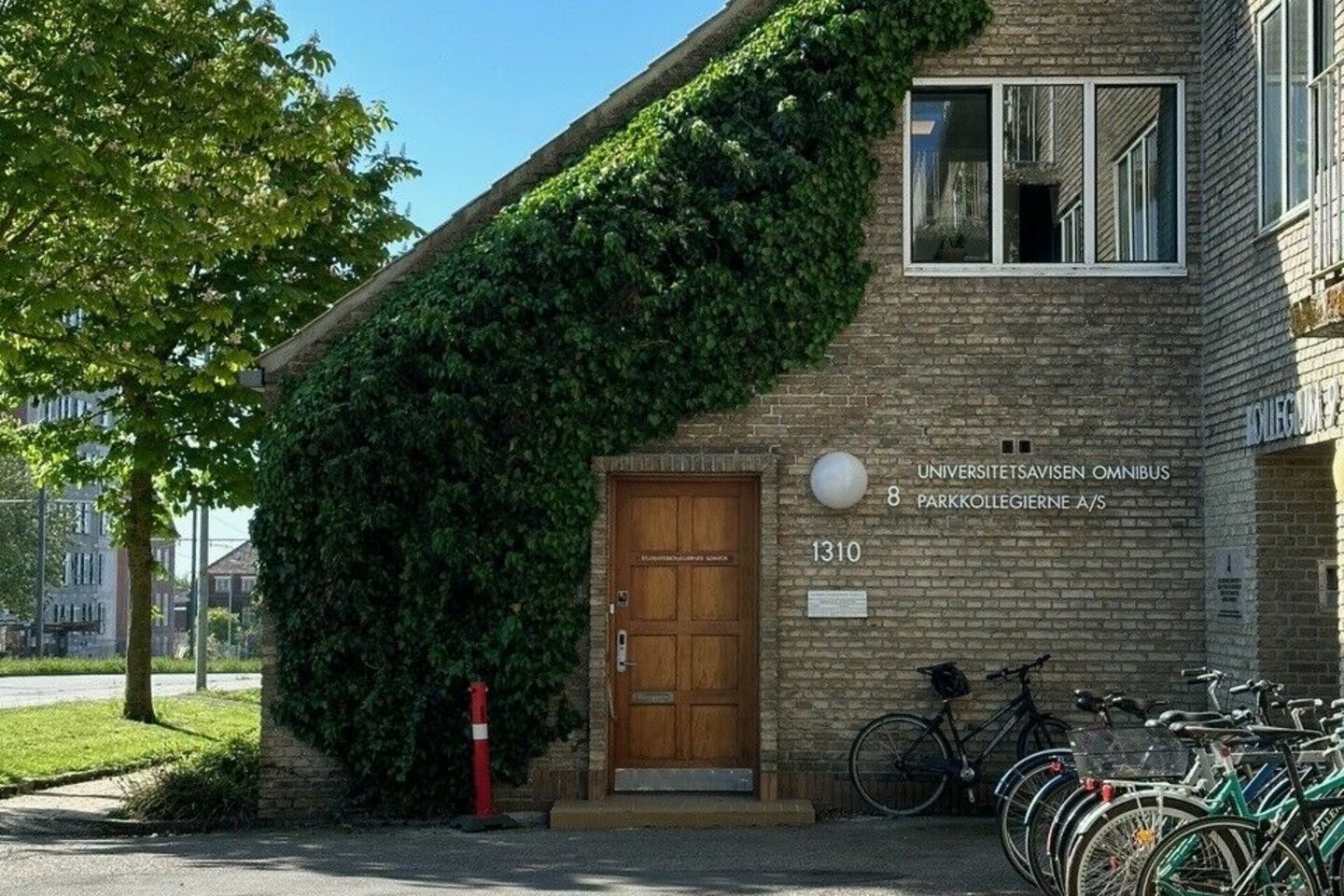
Cursor visits ‘sister magazine’ Omnibus in Denmark
Also concerns about press freedom there
Recently I traveled to Denmark for an exchange. The idea was to compare working methods and learn from each other in the broadest sense. The colleagues from Omnibus, the ‘Cursor’ of Aarhus University were very kind and shared many insights. It turns out pressure on the university press might be a step ahead in Denmark compared to the Netherlands: they recently lost two independent university newspapers and a third one is about to be put behind a login wall.
I researched where universities have independent newspapers in Europe. I soon found Omnibus, the university magazine of Aarhus University in Northwest Denmark. I reached out and they were most welcoming to the idea and we made it happen. We talked for hours and we made many comparisons, but I won’t dive too deep into our profession to keep it readable. I do like to share a few topics that stood out from the exchange.
Free language classes
First of all the country has quite some similarities to the Netherlands which is useful to apply new ideas more easily. Besides that, Denmark is highly committed to language acquisition in order to smoothen integration. Language classes are free, available every day, many times a day, on premises and online. I wondered if there are interesting effects on foreign students and employees. I often heard international students in Eindhoven felt lonely and/or had a hard time to connect with Dutch students. The Danes are known to be hard to befriend; would speaking their language – even a little bit – make a difference?
Buddies and beerpong
Besides the journalists at Omnibus I also spoke to colleagues from Aarhus University. Sigrun Schaumburg-Müller is international coordinator at the Studenterhus in Aarhus, a place for students to feel home and meet other students. She acknowledges befriending the Danes can be a bit hard, but she does think speaking the Danish language can really have a positive effect.
“We organize a lot of activities for both Danish and international students. I do regularly come across international students who feel lonely or find it hard to make (Danish) friends. We try to set them up with a buddy via a common interest, for example a language they speak and one they learn and vice versa. Or just activities that are fun in general, like quizzes or movie nights.” Rumor has it that beerpong is the true winner here though. “After a few beers we – the Danes - do loosen up a bit, so it might make it easier to make friends then,” she says with a wink. “But being able to speak some Danish will break the ice faster. The classes used to be free, but we saw students dropping out more easily when other obligations popped up like exams for example. Now there’s a small deposit I believe, but you get that back when you pass the test, which really helps to make sure they keep coming to class.”
Canteen prices
A visit to the canteen of Aarhus University was a must for me. I was curious about the prices of the food in Aarhus after people complained about the TU/e canteen prices. Here you had the 'standard' buffet with small and large containers that you could fill yourself with healthy vegetarian dishes. Small container with a piece of bread would come down to about three euros, larger container (full meal) was about 4.50 euros. Taking into account that food on average is more expensive in Denmark than here, this is a good price for a full meal.
Retention
Recently the Danish government also started to invest more in retention of students. They face the same problem as us: not enough workers in many knowledge fields. Dorte Føns Sørensen from the international center keeps busy with these programs. “We have started some years ago during Covid and it’s only now that we can measure as it takes a while for the student to finish their program. So at the moment it’s hard to compare numbers as we don’t have too many yet. But we do see a stay rate of 50 percent for now from AU international full-degree students.”
A recent report (Nuffic, 2022) about the Dutch stay rate after five years was 24 percent. Would the Danish language program have something to do with the higher Danish stay rate? “It’s not sure to judge, we would need some more long-term data. But I think learning the language has a positive influence, both to connect with the Danes and broadening your job opportunities and finding your way in the work culture.”
Føns Sørensen: “Besides the national language program, we also have many local initiatives that are subsidized to help the international students with a smooth landing in the community and to prepare them for the Danish business market.” The main examples are ‘Kickstart your stay in Denmark’ and ‘Dare to Danish’.”
The project leader also explains the region has many dorms for new students and PhD candidates – some managed by the university - making housing much less of a challenge than in Eindhoven. “They often share some facilities, like a kitchen, which also helps them meet people and feel connected,” she knows.
Omnibus
The Omnibus team works with both certified and experienced journalists as well as student reporters. The latter Cursor has done as well in the past but stopped due to the effort it took to guide the beta students in their writing skills and the lack of time the team had.
But it’s very useful: the students bring a different perspective to the team and also have a better network in the student world. The enthusiasm of the student reporters at Omnibus definitely made me enthusiastic as well. So, we might reintroduce this soon at Cursor (hit me up if you’re interested and let me know why
Closing news outlets
The independency of the university press is a very relevant topic in both the Netherlands and Denmark. The Dutch Minister of Education recently stressed the importance of free university press after multiple incidents of claimed pressure on editorial boards across the Netherlands, among which Cursor.
Recently two independent university newspapers have closed in Denmark, the one from the Business School in Copenhagen (WIRE) and the one from the Roskilde university (RUC Paper).
Behind a wall
Now it turns out the University of Copenhagen has to cut costs and therefore started a reform of the university. As a part of this process it proposed Uniavisen (the independent newspaper of University of Copenhagen) to be put behind a login wall. That means only university employees and students of the University of Copenhagen can read the news if the proposal is accepted. Omnibus’s editor-in-chief Marie Groth Andersen wrote an opinion piece about how this development worries her.
Andersen in the opinion piece meant for debate: ‘An independent university newspaper does not belong behind a login wall. The Senior Management Team of the University of Copenhagen proposed to do exactly that for Uniavisen of the UC as a part of a major reform of the university. It is difficult to see the concrete proposal as anything other than the Senior Management Team's attempt to save itself from public criticism.”
Societal relevance
Andersen is sure the university newspaper is also relevant outside of the university. “Local and national media regularly pick up on things we or Uniavisen write for example. But also students from Aarhus read the university paper of the University of Copenhagen and refer to their articles. That would also not be possible anymore if this proposal is adopted.”
In the Netherlands, every university has an independent news medium and the role is the same as the role they have in Denmark. The Omnibus editor-in-chief believes it’s essential for all Danish universities to have them as well, as she ends her opinion piece: ‘At universities, they usually say with pride that they are defenders of freedom of expression, academic freedom and critical thinking. That role also includes safeguarding the open debate - and you don't do that by hiding it away.’
I’d say a wise advice if ever such a suggestion – a login wall/pay wall/putting it on the intranet - is made in the Netherlands (again). And in the meantime I follow the developments of our northern almost neighbors closely.

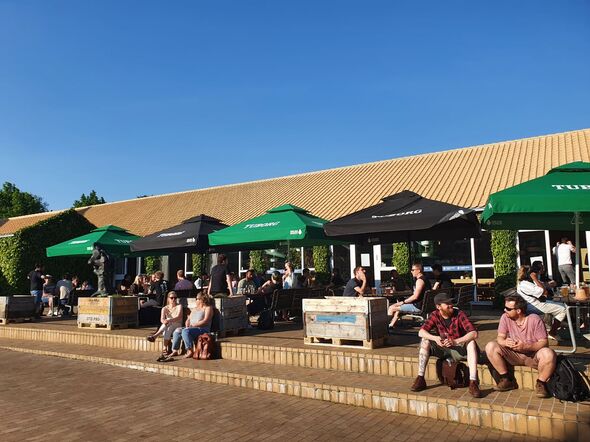
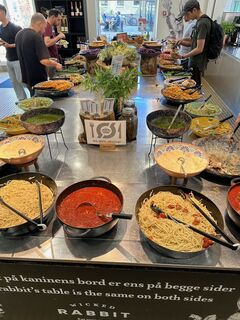
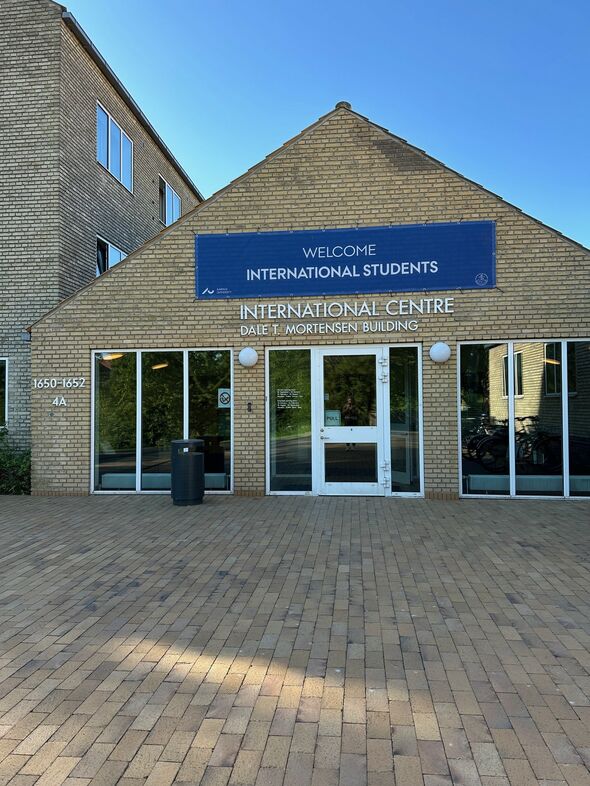
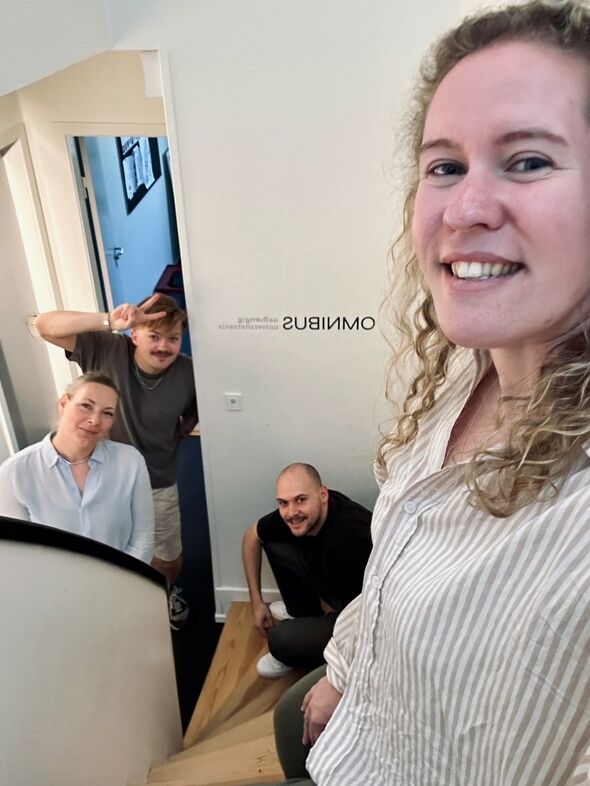
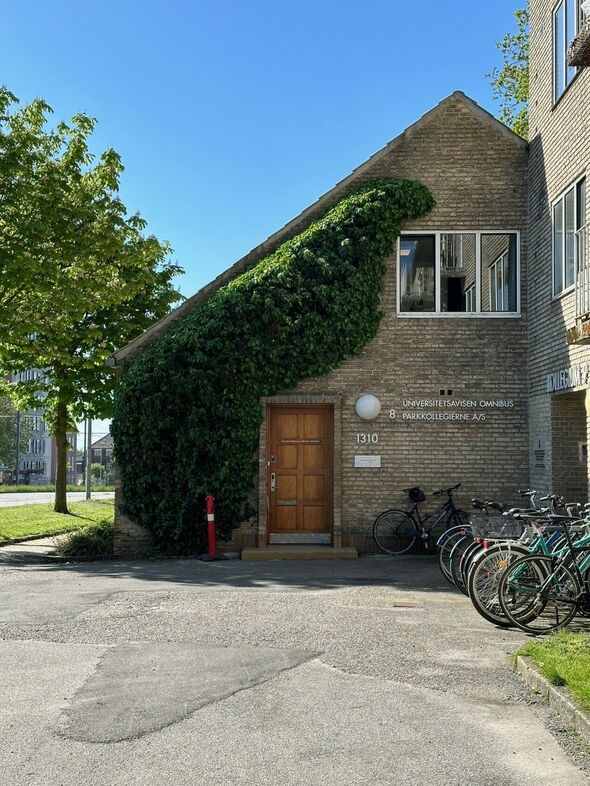
Discussion